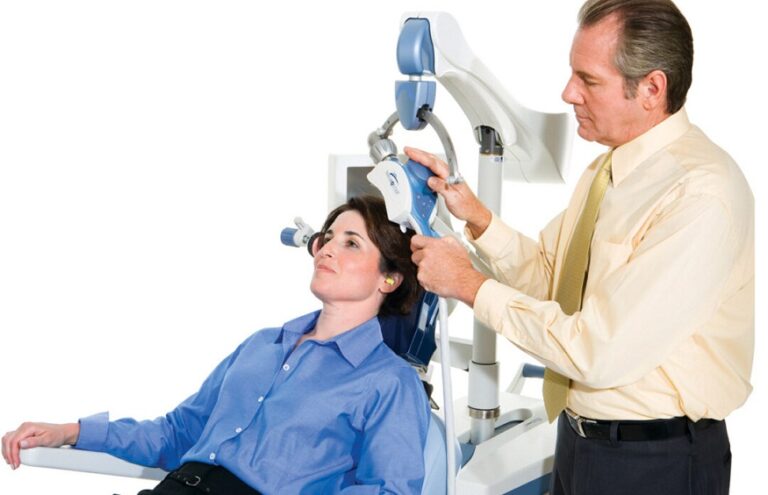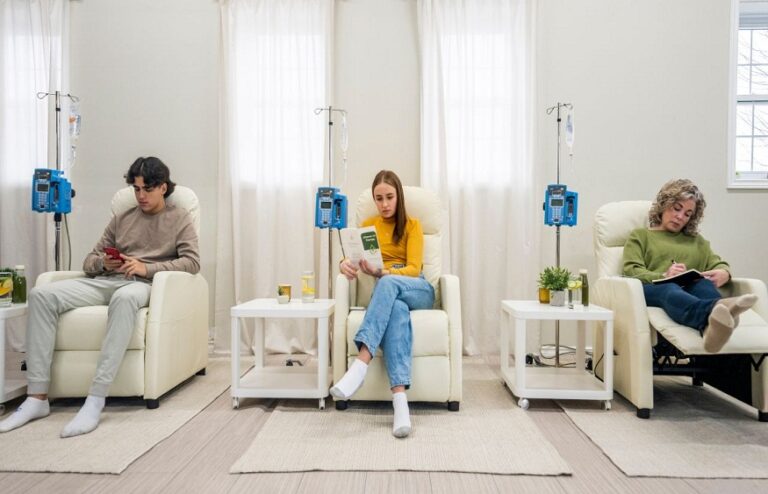The morning I punched my steering wheel, I knew something had snapped.
It wasn’t a bad day, not by most standards. The guy in front of me took too long at a four-way stop. That was it. But by the time I pulled into my driveway, my knuckles were red and my voice was hoarse from screaming. I sat there in the truck for a long time, engine ticking, chest tight, wondering how I’d gotten this far off course.
Six months earlier, I’d lost my job. A month after that, my wife asked for a divorce. She didn’t say it was the job loss, not directly, but I could read between the lines. Things had been rocky for years. The stress just sped things up. She left. The kids stayed with her. I moved into a rental on the edge of Watertown and told myself I was fine.
I wasn’t fine. I was furious. At her. At the company that laid me off. At myself. At anyone who looked at me sideways at the gas station.
A friend suggested I try therapy. “Just talk to someone,” he said. “You’re walking around like a lit fuse.”
I laughed it off. Therapy was for people with too much time and good insurance. I had neither. The only thing I had was a Medicaid card I barely understood and a Google search that eventually led me to a few listings for Medicaid counseling in Watertown SD.
I clicked on one, expecting a form or a number. What I found was a list of providers, each with bios and specialties. One stood out—a therapist who worked with men dealing with life transitions, grief, and, specifically, anger. I didn’t fill out the form right away. I stared at it. I closed the tab. I opened it again at 1:30 in the morning and filled it out with shaking hands.
They called me two days later. I almost didn’t answer.
The woman on the phone wasn’t pushy. She asked about my availability, confirmed my insurance, and said they’d match me with someone who could help. I said I wasn’t sure therapy would work for me.
She said, “You don’t have to be sure. You just have to be willing.”
That stuck with me.
When I showed up to the first appointment, I was already defensive. I crossed my arms in the waiting room, sat stiff in the chair, barely made eye contact. The therapist didn’t rush. He introduced himself, asked if I wanted water, and then said, “You don’t need to say everything today. But you’re here. That’s enough for a start.”
I didn’t believe him. But I stayed.
The first few sessions were awkward. I told myself I was wasting both our time. I said “fine” a lot. But I kept going. Some weeks, it was the only appointment I had. The only place I had to be.
One session, maybe the fourth or fifth, he asked me about the steering wheel.
I froze. “How’d you know?”
“I didn’t. But you just told me.”
He didn’t flinch when I talked about the rage. About the way it made me feel awake. Like I was at least feeling something, even if it burned. We spent weeks there, peeling back the layers. Anger, it turned out, was just the armor. Underneath was grief. Shame. Fear. All the things I didn’t want to name.
He taught me how to notice the first signs—not just the full-out explosions, but the buildup. The tension in my jaw. The shortness in my answers. The way I’d pace the room. I thought licensed therapists for anger issues would want to lecture me, shame me, tell me I was toxic. But that never happened.
Instead, he said, “You’ve been in survival mode for a long time. Let’s figure out what safety could look like.”
I cried in that session. Not loud, not dramatic. Just quiet tears that wouldn’t stop. It was the first time I’d cried since the divorce. Maybe since the layoff. Maybe longer.
There were weeks I wanted to quit. Days I convinced myself it wasn’t helping. But every time I thought about walking away, I remembered the version of me in that truck, slamming his fists into a steering wheel and calling it coping. I didn’t want to go back to that.
Slowly, things started to shift. I started sleeping again. I started responding to my kids’ texts instead of reading them and putting the phone down. I called my ex and apologized—not for everything, not as a fix, but for my part in it. I said I was trying.
That’s the part that matters.
I didn’t magically become someone else. I still feel the heat rise in my chest some days. But I know what to do with it now. I have tools. I have words. I have space between the feeling and the action.
And I have that chair, once a week, where I show up and sit down and tell the truth.
Medicaid didn’t make the healing easier—but it made it possible. Without it, I wouldn’t have gotten help. I wouldn’t have been able to afford it. I wouldn’t have learned that anger wasn’t the problem—it was the signal.
Now I know how to listen.


















+ There are no comments
Add yours